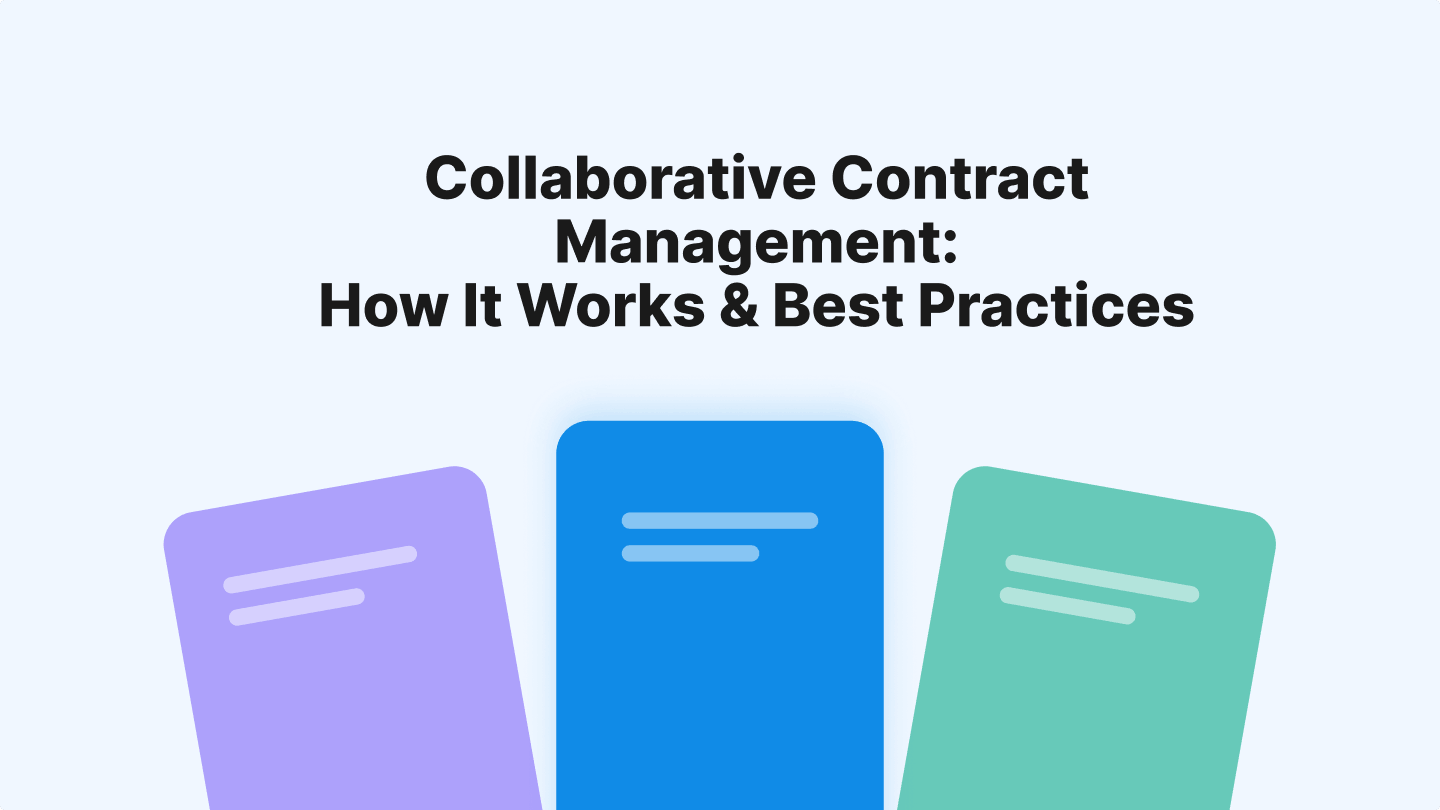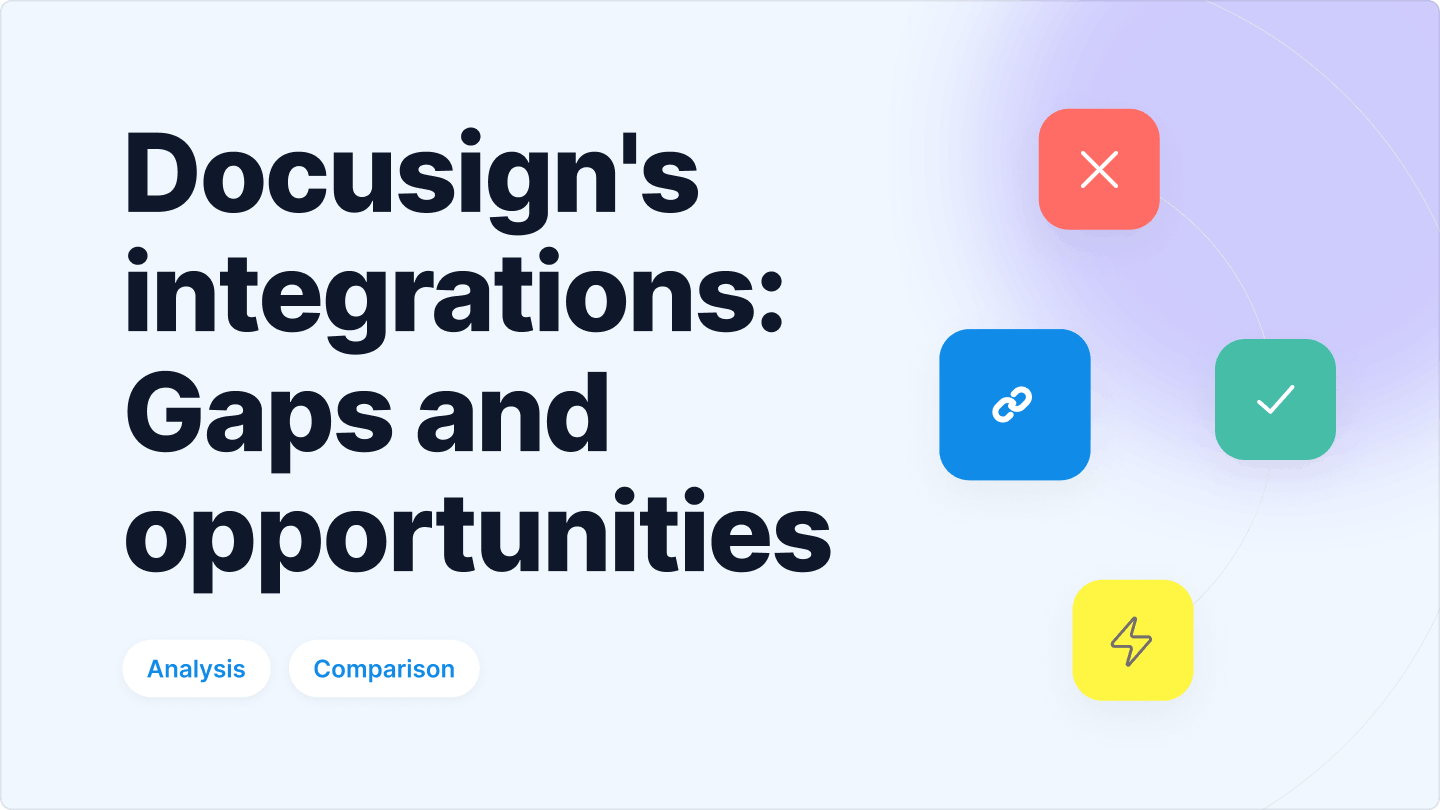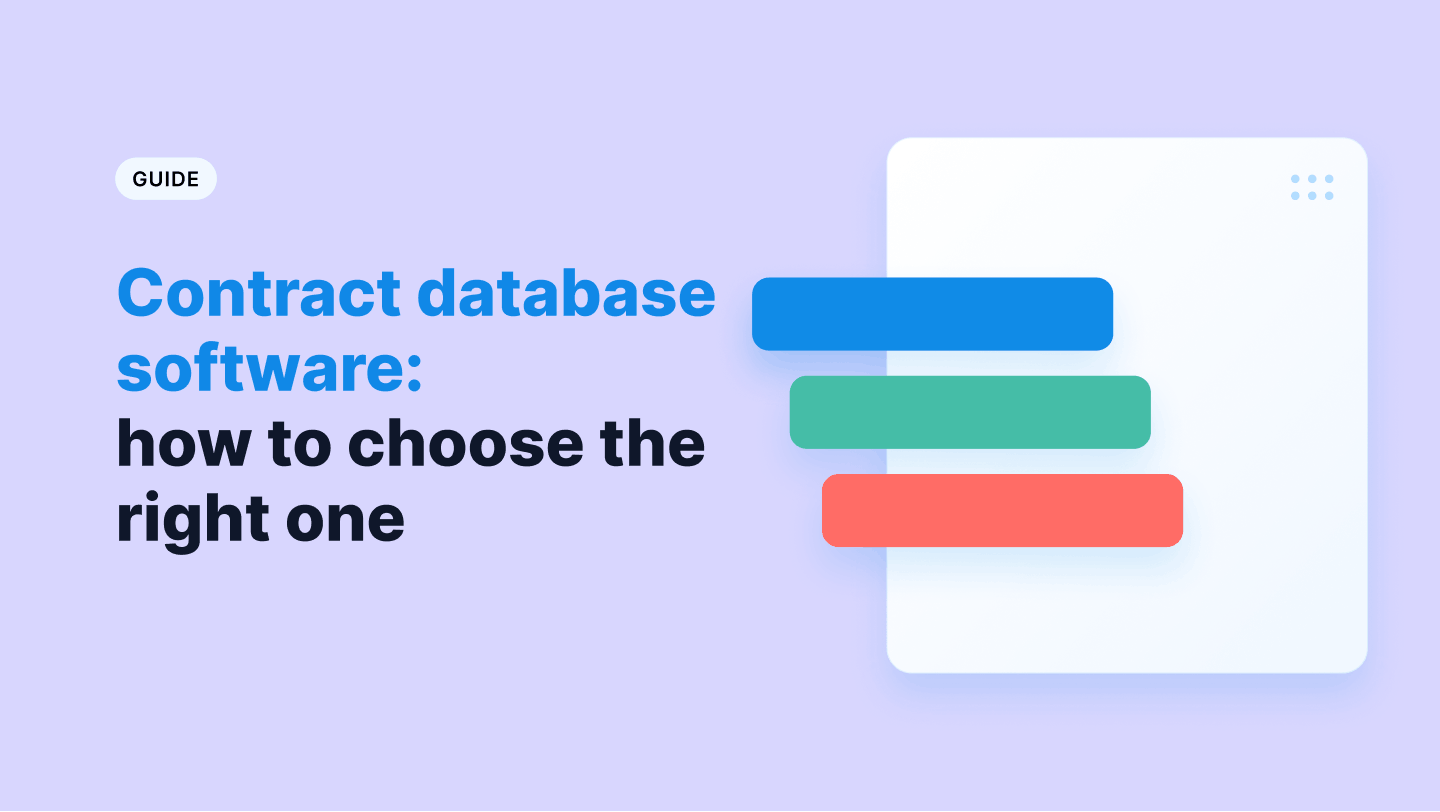Every business needs cybersecurity solutions, even small businesses. Cybersecurity cannot be taken lightly. Ever since the first quarter of 2020, hackers have been going to town with the likes of universal signature forgery, data leaks, domain spoofing, and spam-based attacks. The unfortunate truth is that cyberattacks are more common now more than ever with remote work becoming the "new normal". Small businesses are the worst hit, especially considering the shoestring budget that is typically set aside for cybersecurity.
A study shows that most companies don't even know if they have been victims of cyberattacks because they lack finances to add cybersecurity professionals to the payroll, are unable to comply with regulatory requirements, and source good talent.
But even if you're unable to employ a dream cybersecurity team, it's ok! Half your troubles disappear if you ensure that the technology you adopt comes from trusted SaaS providers such as Signeasy.
Read on as we help you figure out coping mechanisms to deal with cybersecurity worry areas such as small budgets, hiring talent, and adhering to regulatory requirements.
How can small businesses deal with cybersecurity challenges?
The short answer is: create a comprehensive cybersecurity program while taking into consideration all your existing company data, legacy software, and hardware and the level of employee awareness about cybersecurity best practices.
Also, importantly, find a trusted partner and don't scrimp on the budgets (trust us, it will save you a lot of trouble down the line).
Now, without much ado, on to the meat of the article!
7 cybersecurity solutions to protect your small business
Hackers are most interested in low-hanging fruit. No wonder small businesses (that don't give much thought to building their cyber defenses) become their favorite target. Luckily, we have a list of cybersecurity solutions to help your business stay secure and stress-free:
- Demonstrate the dollar value of cybersecurity: The cost of a data breach is about $3.92 million. Clearly, cyberattacks are costly affairs. In fact, the true cost of a breach can actually be far more devastating, and run across years, especially for small businesses. If you own a small business and are wondering if you should up the budget set aside for cybersecurity, then you only need to weigh the losses caused by a potential cyberattack vs the minimal cost of setting your cyber house in order. Consider spending up to 20% of your total IT budget on cybersecurity - one of today’s core business priorities. Remember: You need to spend millions on cybersecurity, even a modest investment can go a long way to bolster your online defenses.
- Devise a sound online security strategy: You cannot invest in cybersecurity solutions once and forget about it. It has to be a multifaceted, ongoing effort. So, be sure to involve the top leadership, IT team, and your employees to set S.M.A.R.T cybersecurity goals and then outline how you will achieve them. Whatever the goals are, you will need to invest in employee awareness training (video modules and phishing simulations) and creating a company-wide security-conscious culture. After all, most security threats are a result of internal stakeholders being unable to identify and react to cyber threats.
- Put everything onto a secure cloud: Storing data on the cloud is widely preferred by the incredible scalability and convenience. Most reliable cloud computing service providers, such as Amazon, are highly secure and harness electronic surveillance and multi-factor access control systems.
- Create local back-ups: Once you have a copy of the data on the cloud, be sure to also create another backup locally. This ensures that even in the event of a ransomware attack or file corruption, you will never completely lose your data.
- Ensure updates and upgrades happen regularly: Software companies tend to release updated versions with security flaws or vulnerabilities fixed. You must have seen it with your phone’s OS too. To ensure you enjoy the latest security features on all legacy software, be sure to periodically check for the updates and install them on all your company’s systems.
- Limit access to sensitive information: Not all threats originate from outside your company. Sometimes, your employees may themselves knowingly or unknowingly leak information or compromise your data security. This is why you should limit access to sensitive data to only those who need it.
- Choose reliable and security-focused third-party software: Many a time, businesses choose third-party SaaS solutions for their functionality and price alone. But that isn't enough. Adding an unreliable app to your IT ecosystem can compromise your data integrity. Such apps can become the portal for deviants to access intellectual property, employee and client personally identifiable information (PII), financial records, and more. This is why you need to research the developer's name, call for a demo and ask for verifiable testimonials before making a purchase. If you are considering adopting an eSignature tool, know that Signeasy is very proactive in sharing our security creds (see below for more) and will even demonstrate the safety features.
What are the security creds of your eSignature provider?
You must know that eSignature solutions are a panacea for so many of the typical COVID-related paperwork problems. But it's important, from a security perspective, that you choose a vendor that actually has a razor-sharp focus on identifying and preventing data breaches.
This will mean that your classified documents and signatures are safe from privacy breaches and data loss/leakage.
By adopting the highest standards for eSignatures under ESIGN Act and eIDAS, here is how Signeasy keeps document management kosher:
- Remotely authenticates users: Thanks to Signeasy’s mobile apps, you can remotely authenticate the signer prior to e-signing and link that record to the e-signed document. Email and password are required to activate the app. If you are using Signeasy on an iPhone, you can even verify users via biometrics (fingerprint and iris scan).
- Sends and stores documents using SSL encryption: All the sensitive data in your documents will be kept safe from malicious attacks when sent between two parties. With SSL encryption, no unauthorized person will be able to read or modify the information (including sender and receiver details) being transferred.
- Creates an audit trail & enables document verification: So that you always know if any tampering has happened, we send out a signature certificate (signer email address, device IP, document fingerprint, and timestamp) with each signed document. So, just in case there is any dispute about the signature, later on, such a certificate can offer proof.
- Harness world-class cloud infrastructure: By partnering with Amazon Web Services, Signeasy ensures that users’ documentation is compliant with regulatory, industry, and IT standards for security.
Final word
Undoubtedly, cybersecurity is no longer "nice to have", but has become a “need to have”. Small businesses must thoughtfully choose the right cybersecurity solutions that will help build an effective security posture - without spending indiscriminately.
When it comes to eSignatures, adopting Signeasy is an easy choice to make - for being budget-friendly and ultra-secure.












